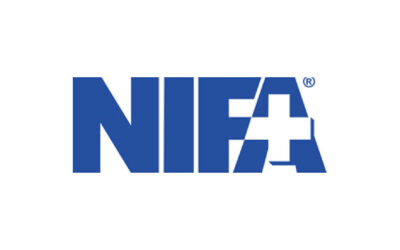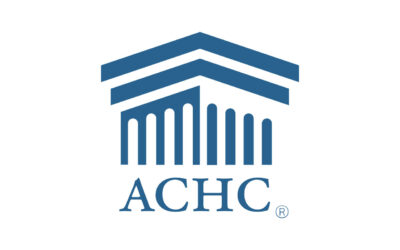By Jack Egnatinsky, MD
“CMS has released revised interpretive guidelines to CMS state survey agencies and CMS regional offices. The new guidelines require ASC compliance with advance directives. While ASCs are still allowed to refuse to honor advance directives, the latest interpretive guidelines state:
“A blanket statement of refusal by the ASC to comply with any patient advance directives is not permissible. However, if and to the extent permitted under State law, the ASC may decline to implement elements of an advance directive on the basis of conscience or any other reason permitted under State law, if it includes in the information concerning its advance directive policies a clear and precise statement of limitation.”
CMS specifically states that an ASC’s notice of limitation could, if permitted by State law, indicate that it would always attempt to resuscitate a patient and transfer that patient to a hospital in the event of deterioration.
When I’m on accreditation surveys, however, I still see statements like, “we do not honor advanced directives at our center.” From what CMS has stated, this is no longer acceptable. You must give the patient a “clear and precise statement” of your policy. Your policy should include a rationale for why you choose not to honor advanced directives. Frequently, I see statements like, “it is very unlikely that you will experience an event that would require resuscitation while you are at our center. However, on the rare occasion that such an event occurs, we will make every effort to resuscitate you and transfer you to a hospital.”
Is that enough? Do you ask patients on your pre-admission contact if they have an advanced directive? If they do, do you explain your policy? Do you ask them to bring a copy with them?
Do you:
• Explain to them that if you have to initiate resuscitation you would stabilize them for transfer to a hospital for more intensive care?
• Let them know that you will send their advanced directive with them to the hospital?
• Discuss with them that their named “surrogate” can ask that the resuscitative and continuing care efforts be stopped in the hospital if that is the patient’s wish, as expressed in their advanced directive?
Check your state rules and regulations and your malpractice insurance risk management department to determine the extent of your responsibilities. Make sure that your entire staff, from the receptionist to the patient care givers in each area of your center, clearly understands your policy. If you have a transfer agreement with a nearby hospital, discuss your policy with the hospital to make sure there will not be any issues when transfer is initiated.
Hopefully, this is a situation that you will never encounter. But because it is so rare, it is crucial that you are fully prepared in the event that it happens. And should it happen, that’s when you will be immensely grateful that you had the foresight to educate and train your staff ahead of time.
About the Author
Dr. Jack Egnatinsky is an anesthesiologist with extensive experience in the ambulatory surgery arena, both HOPD and ASC. He is a Past President of the Board of FASA, a predecessor to the ASC Association, and Past President of AAAHC. He is also the Board Chair of the Accreditation Association for Hospital and Health Systems (AAHHS) and is a representative of Acreditas Global, the international arm of AAAHC. He remains extremely active as a Medical Director for AAAHC, in addition to being a well-travelled AAAHC accreditation surveyor.








